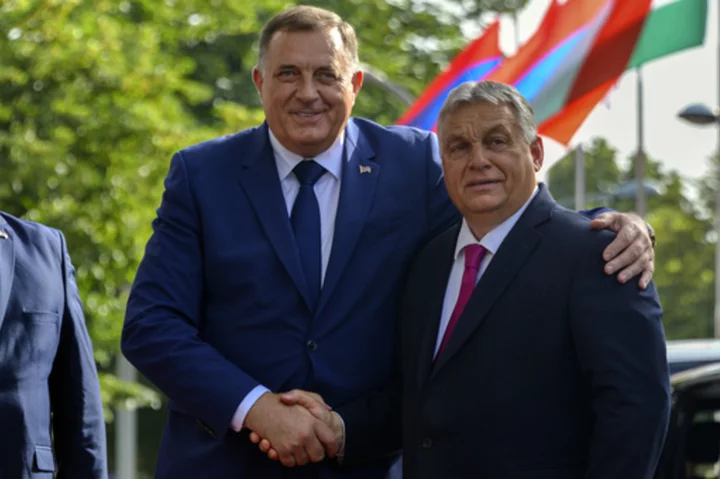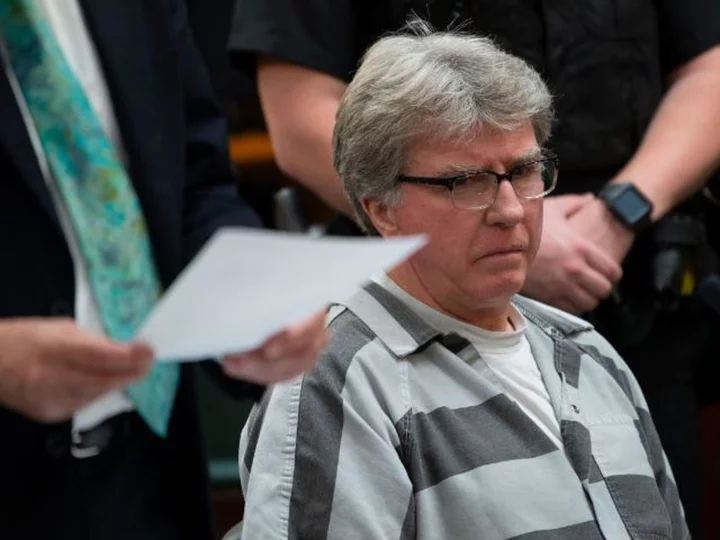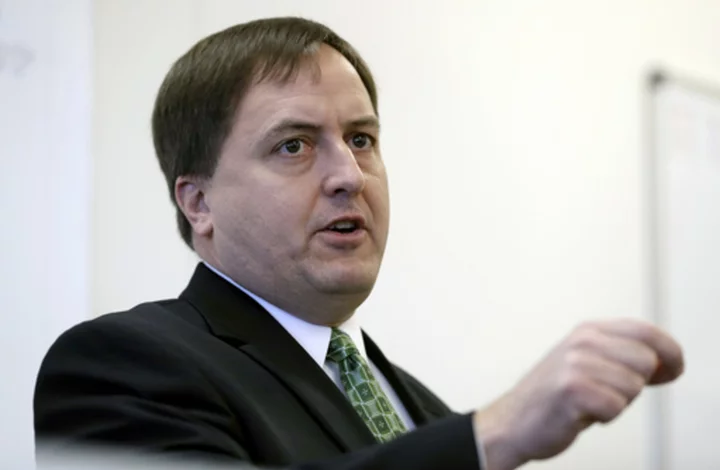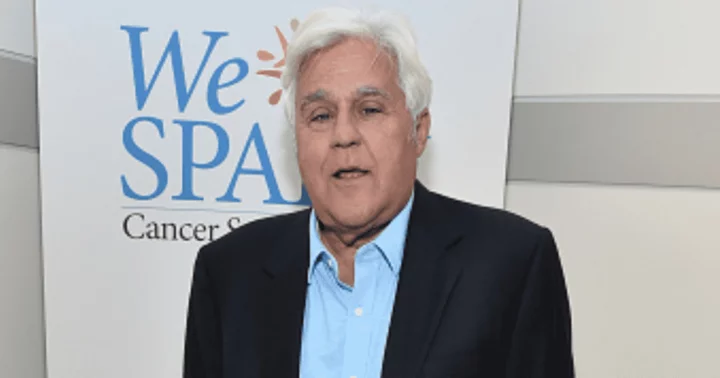SARAJEVO, Bosnia-Herzegovina (AP) — The top international official in Bosnia on Saturday said he was revoking a Bosnian Serb law that suspended any decisions by the country's top court, saying it violates the 1995 peace agreement that ended a devastating 1992-95 war in the Balkan nation.
As the high representative for Bosnia, German diplomat Christian Schmidt has the authority to change laws and impose decisions to make sure the country's politicians are working to preserve peace and promote reconciliation following the conflict that killed over 100,000 people.
The Bosnian Serb parliament passed a law to not recognize or implement any decisions by Bosnia's multi-ethnic Constitutional Court. Lawmakers said it was a temporary measure adopted in response to the court saying it could make decisions in the absence of the tribunal's Serb judge, who had pulled out of deliberations on orders from Bosnian Serb leadership.
Bosnia consists of two entities, a Serb-dominated and a Bosniak-Croat one, and has a complex network of joint, multi-ethnic institutions that were designed to keep the three rival ethnic groups together. The Bosnian Serb parliament also has demanded a new law on the Constitutional Court, reflecting ongoing difficulties in the functioning of the country's joint institutions.
The law approved this month was the latest move by Bosnian Serb officials to push for more independence of Republika Srpska, a Serb-run mini-state in Bosnia that was created as part of the 1995 Dayton Peace Agreement that ended the war. The West sees such actions as separatist and a danger to Bosnia's postwar order.
Schmidt said Saturday that “entity parliaments do not have the authority to derogate provisions of the Constitutional Court ... and they have not the right to regulate the jurisdiction of key Dayton (peace agreement) institutions such as the Constitutional Court of the state."
“This is simple as that,” he added.
However, Bosnian Serb officials have said they would not honor any decision by Schmidt, whom they view as illegitimate because the U.N. Security Council did not confirm his appointment. Western countries involved in Bosnia supported his nomination, but not Russia.
“We are ready,” Bosnian Serb President Milorad Dodik said. “For us, Republika Srpska is a state. ... We are only here (in Bosnia) because we have to.” (can we say ‘because we have to be'?)
Dodik, a pro-Russian politician and a strong advocate of a Bosnian Serb partition from the rest of Bosnia, has faced U.S. and British sanctions for his separatist policies. He recently visited Russia and met with President Vladimir Putin, defying international sanctions imposed against Moscow because of the war in Ukraine.
Schmidt said Saturday that he also was amending Bosnia’s criminal code to enable prosecution of politicians who violate the country’s constitutional law and order. But similar changes designed to curb genocide denial have yielded no results so far.
The U.S. Embassy in Bosnia described the Bosnian Serb parliament's decisions as “unconstitutional and deliberate attacks" on the 1995 peace accord..
“This assault on Dayton comes with consequences,” the embassy said, adding that the U.S. supported Schmidt's actions.
Before Russia's invasion of Ukraine last year, the war in Bosnia was Europe's worst conflict since World War II. It erupted when Bosnian Serbs launched a rebellion and a land grab to form their own state following the breakup of the former Yugoslavia in 1991.
In 1995, Bosnian Serb troops killed more than 8,000 Bosniak men and boys in the eastern enclave of Srebrenica in what two U.N. courts declared the only post-WWII genocide in Europe. Bosniaks are members of the country's mostly Muslim minority.









